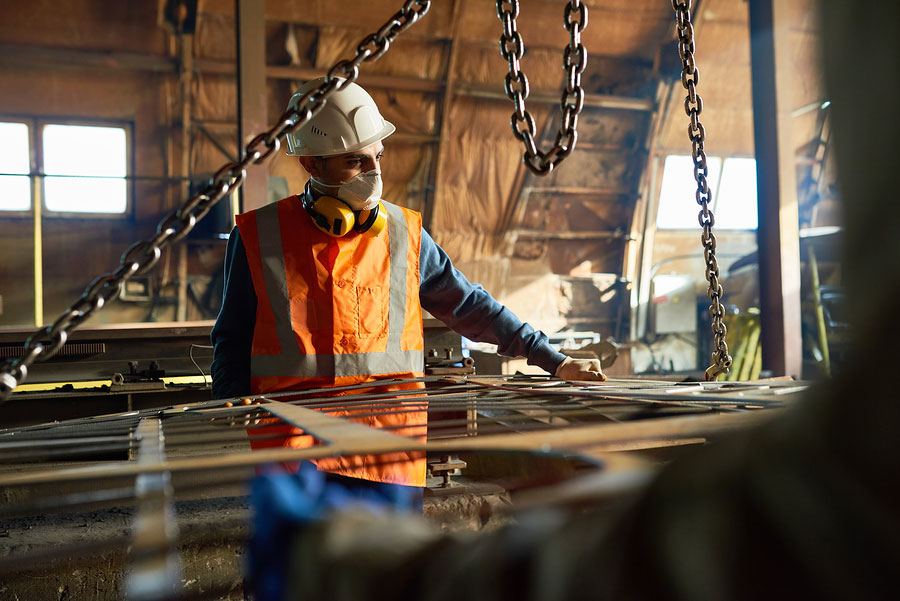A recent research study predicted that offsite construction has the ability to boost construction’s productivity by up to 10 times. Steffen Fuchs, lead partner of McKinsey & Company that conducted the study said that the U.S. has been slow to embrace prefabrication and offsite construction, despite its success in other parts of the world. He said that more developers are beginning to turn their focus to offsite as they face constraints of limited resources and the need for greater productivity. The prefabricated construction building industry aims to increase market share for commercial project starts from 2.5 percent to 5 percent by 2020.
Part of the slow gains, said Fuchs is that the industry has not invested enough into research and development, that could give valuable information about how to complete projects in a more efficient and timely manner in the prefabricated construction market.
“Ninety-eight percent of projects run over cost and over schedule. But we found that every single increase in productivity increases margin,” Fuchs said at a recent World of Modular Conference. “If we address cost and schedule issues we actually see productivity goes up, which means margins go up, which probably means we all make more money—more money means people invest in more things.”
Another survey conducted by Ryan Smith and Ivan Rupnik at the University of Utah and Northeastern University found that schedule reduction is the primary advantage of offsite construction. “We found that a lot of (survey respondents) were absolutely satisfied with the quality of (pre-engineered) permanent modules, what they aren’t satisfied with is the installation,” Smith said at the international conference (https://www.constructiondive.com/news/modular-building-is-slowly-moving-onto-jobsites/520084/). “The question is ‘what can we do, as an industry, to help certify flyers and installers of modules to meet that quality of standard?’ Otherwise, at the end of the day, that’s what falls apart.”
Industry collaboration is on the rise in the construction industry, partially due to the need to increase productivity with a limited talent pool. “There is a strong correlation between construction demand, lack of labor and the uptick in the use of permanent (prefabricated) construction,” said Rupnik. Prefabricating portions of a construction project can move 40 to 60 percent of the work offsite, and bring significant savings and expedite schedule timelines.
“In prefabrication you are able to look at the quality of what you are producing in an environment that will help ensure such quality, as opposed to a harsh environment outdoors. In that process, if you’re saving time, indirectly you’re saving money,” said conference participant Osama Moselhi, professor of civil engineering at Concordia University in Montreal.
K-Con Inc. is a full-service design-build general contractor specializing in commercial, light-industrial and government construction. K-Con Inc. serves commercial and government entities in Charleston and across the United States. Please contact us today to see how we can best serve your needs.

